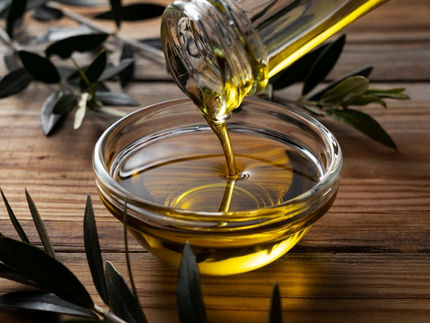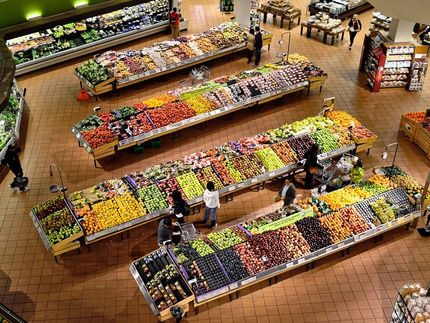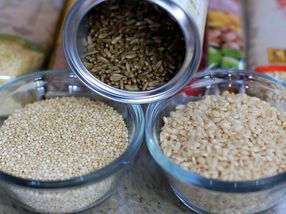EHEC: BfR, BVL and RKI issue specified consumption recommendations for uncooked sprouts and shoots (germ buds)
Consumers should continue to refrain from consumption of raw fenugreek seeds, sprouts and shoots imported from Egypt
Advertisement
According to the German federal authorities, further information made available by the Federal States has provided no grounds to continue to recommend that consumers generally refrain from the raw consumption of sprouts and shoots in order to protect against EHEC O104:H4 infections. The current investigation results provide no indications that other types of seeds besides fenugreek seeds are related to EHEC infections. However, consumers should continue to refrain from the consumption of fenugreek seeds imported from Egypt as well as sprouts and shoots (germ buds) that have been cultivated from these. After the trace back measures have been finalised, the German Federal States have now stated that a potential hazard of cross-contamination of other seed products through fenugreek seeds in Germany has not been confirmed. The regional authorities have completely withdrawn from the market those batches of fenugreek seeds from Egypt that are the special focus of investigations. Tracing of the batches has been largely completed.
In order to protect the population against EHEC O104:H4 infections, the German federal authorities had issued recommendations on 10 June 2011, which stated that until further notice sprouts and shoots should not be consumed raw for precautionary reasons. As identified by the investigation, it is highly likely that fenugreek seeds imported from Egypt are the origin of the EHEC outbreak event in Germany.
The clarification was based on epidemiological investigations as well as trace back and forward investigations of seed deliveries. These were carried out by an EHEC Task Force set up at the Federal Office of Consumer Protection and Food Safety (BVL) specifically for this purpose. After disease cases of the same pathogen began to appear in France as well, a European Task Force headed by the European Food Safety Authority EFSA took on international trace back investigations.
On 30 June, BfR advised the competent German control authorities to completely uncover the delivery chains of those fenugreek seed batches that were the particular focus of investigations, and to remove these from the market. Parts of the batches were used for sprout production in April and May 2011 in a horticulture company in Lower Saxony, to which numerous EHEC infections could be traced back. On 6 July 2011, the Commission implemented a decision to withdraw from the market and destroy all batches of fenugreek seeds imported between 2009 and 2011 from Egypt and which were identified within the trace back investigation carried out at the EU level. In addition, the Commission suspended import of fenugreek seeds and additional seeds from Egypt until 31 October 2011. These measures are currently in implementation.
The competent regional authorities investigated all cross-contamination possibilities upon import, during distribution and sprout production as part of risk-based controls at the companies in question. The German Federal States have not found any indications that suggest that other types of seeds were cross-contaminated in Germany.
Any fenugreek seeds for home-grown sprouts and shoots bought between 2009 and 2011 that are still present in private households, should be discarded along with the residual waste. This also applies to seed blends that contain fenugreek seeds.
Consumers, who wish to use fenugreek seeds for spice blends instead of growing them, are advised to heat these strongly, e.g. by roasting them in a frying pan, before they continue to process these.
BfR advises producers of sprouts and shoots that are meant for raw consumption to additionally treat seeds in a manner that will destroy any disease pathogens that these could carry. The production process of sprouts and shoots promotes the growth of disease pathogens.
As early as 2009, BfR investigated the microbial load of sprouts and shoots. The result showed that the number of bacteria in packaged sprouts and shoots increases considerably within a few days. Individuals with a weakened immune defence are therefore advised to refrain from the consumption of raw sprouts and shoots as a precautionary measure. BfR advises all others to wash these foods thoroughly and consume them within the shortest possible time in order to reduce the microbial load.
Even after the current outbreak has ended, human disease cases of EHEC O104:H4 are in future to be expected. These infections can be the result of human-to-human transmission (smear infection) or as a result of other foods if these were contaminated by diseased persons. It is therefore imperative that measures of personal and food hygiene are strictly adhered to.

















































